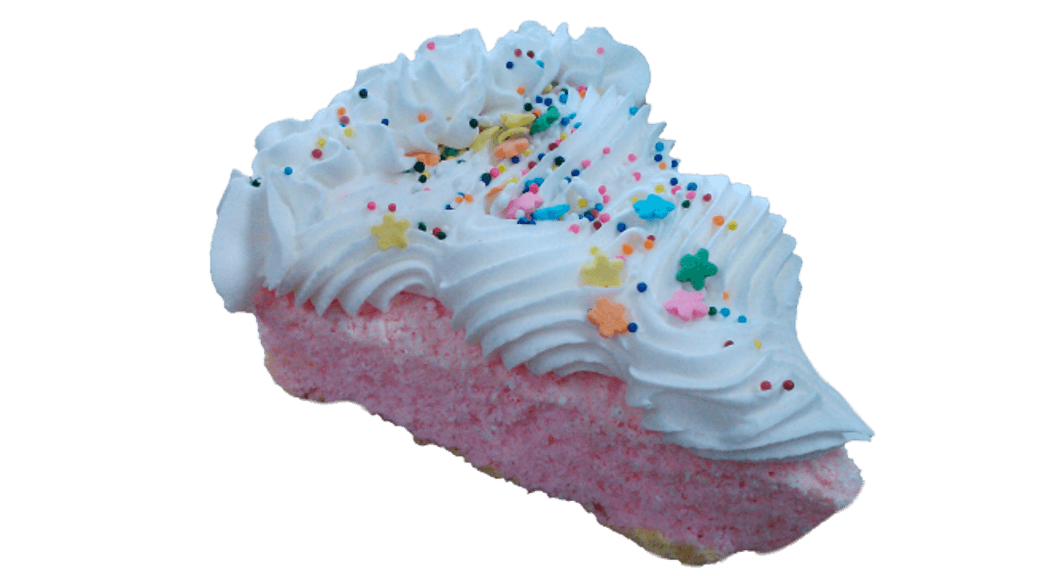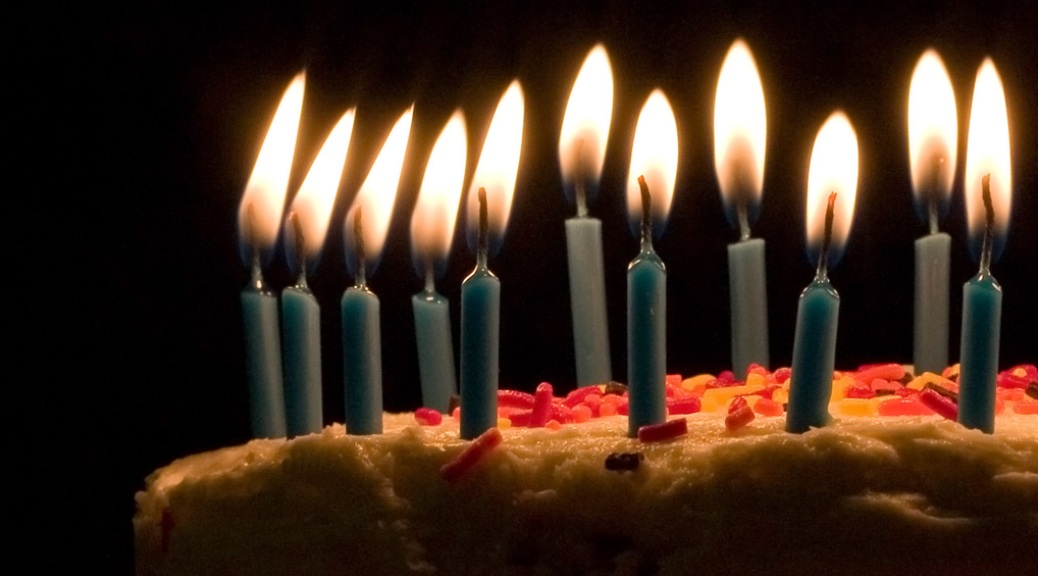Doc Bushong (1856)
Nick Altrock (1876)
Hugh McQuillan (1895)
Harry McCurdy (1899)
Fritz Ostermueller (1907)
Charley Smith (1937)
Gaylord Perry (1938)
Frank Linzy (1940)
Don Carrithers (1949)
John Pacella (1956)
John Christensen (1960)
Doug Simons (1966)
Paul Abbott (1967)
Rich Robertson (1968)
Matt Thornton (1976)
Right-hander Donald George Carrithers appeared in seven games for the Twins in 1977. Born and raised in Lynwood, California, he was drafted by San Francisco in the third round in 1967. Jumped to AAA Phoenix at age 19, he had a fine year there as a relief pitcher at age 20, going 9-1 with a 2.15 ERA, and made his major-league debut with the Giants in August of that year. He was a swing man for the Giants in 1971 and 1972, but after a poor year in ’72 he was switched to the bullpen in 1973 and traded to Montreal just before the start of the 1974 season. Carrithers pitched pretty well for the Expos in 1974 and 1975, posting ERAs in the low threes and WHIPs around 1.2, but slumped in 1976 and was purchased by the Twins just before the 1977 campaign. He was injured much of the season due to an auto accident, appearing in only seven games, all in relief. He was 0-1 in those seven appearances, with a 6.91 ERA in 14.1 innings. Released by the Twins during 1978 spring training, he went back to the Giants, and pitched in Phoenix for two years. He was decent, but no more, and after failing to get back to the majors in those two seasons, he called it a career. Carrithers was plagued by injuries for most of his career, a problem which was probably not helped by the fact that he was constantly bounced between relieving and starting. Don Carrithers is the third-youngest pitcher ever to start a game for the San Francisco Giants. He appears at various Giants’ alumni and charitable events, leading one to believe that he may currently be living in the Bay Area somewhere.
Right-hander John Lewis Pacella made twenty-one appearances for the Twins in 1982. He was born in Brooklyn, went to high school in Oakdale, New York, and was drafted by the Mets in the fourth round in 1974. He was not all that impressive in the minors (although he wasn’t terrible), but got cups of coffee with the Mets in 1977 and 1979 before spending a full season there in 1980. Shuffled between the rotation and the bullpen, Pacella did not pitch well, and was traded twice before the next season started, going to San Diego in the 0ff-season in a trade for Randy Jones and being sent to the Yankees late in spring training in a deal that involved Jerry Mumphrey and Ruppert Jones. He was in AAA Columbus in 1980, but made the Yankees at the start of 1981, appearing in three games for them before being traded to the Twins in May with Pete Filson, Larry Milbourne, and cash for Roger Erickson and Butch Wynegar. The Twins had an awful pitching staff in 1982, and Pacella was part of the awfulness, going 1-2 with a 7.32 ERA and a 1.9 WHIP in 51.2 innings. All but one of his 21 appearances was in relief. Minnesota traded Pacella to Texas in the off-season for Len Whitehouse. He made two more brief appearances in the big leagues, getting into six games for Baltimore in 1984 and five for Detroit in 1986. He pitched in Japan in 1987 and closed out his career in AAA in 1988, when he pitched for the Baltimore, Detroit, and Milwaukee organizations. John Pacella and Dan Briggs are the co-owners of Big League Baseball School, based in Worthington, Ohio, which develops leagues and offers instruction and clinics in both baseball and fast pitch softball.
Outfielder John Lawrence Christensen played in twenty-three games for the Twins in 1988. He was born in Downey, California, went to high school in Fullerton, California, and was drafted out of Cal State Fullerton by the Mets in the second round of the 1981 draft. He hit over .300 in each of his first three years in the minors, including AAA Tidewater in 1984 before getting a September callup that year. The next year, however, he inexplicably slumped to .212 at Tidewater. After the 1985 season, Christensen was traded to the Red Sox in a deal that involved Calvin Schiraldi and Bob Ojeda. He again struggled at AAA in 1986, and was traded to Seattle in a deal involving Dave Henderson and Spike Owen. He regained his hitting stroke in the minors in 1987, and spent a good portion of the year in the majors with the Mariners. Christensen was hitting well at AAA again in 1988, but the Mariners released him in May. Five days later he was signed by the Twins. He spent most of the rest of the year in AAA Portland, but got another September callup with the Twins. He was back in Portland in 1989, but started to decline, and he was released at the end of the season. John Christensen had 38 at-bats as a Twin, hitting .263/.349/.368 with five runs batted in. His brother Jim was a minor league infielder who played in the Twins’ organization. John Christensen is a name shared by many people, several of whom are connected to baseball in some way. No information that could reliably be attributed to our John Christensen was readily available.
Left-hander Douglas Eugene Simons did not play for the Twins, but was drafted by them. He was born in Bakersfield, California and was drafted by Minnesota in the ninth round in 1988 out of Pepperdine University. He had three good minor-league years for the Twins, but was left unprotected and was chosen by the Mets in the rule 5 draft during the 1990-91 off-season. Simons spent all year of the 1991 season in the Mets bullpen, appearing in 42 games, going 2-3 with a 5.19 ERA, but giving up less than a hit per inning and posting a WHIP of 1.22. He was traded to Montreal just before the 1992 season and pitched well in AAA Indianapolis, earning a brief call-up with the Expos at the end of the season. That would be his major league swan song, however, and after another year at AAA with the Expos, a year at AAA with the Royals, a year of independent ball, and a final year in 1996 split between AA and AAA in the Houston organization, Simons’ career came to a close. Simons was a control pitcher, walking fewer than two batters per nine innings in three of his minor league seasons. Doug Simons is currently the head baseball coach at Covenant College in Lookout Mountain, Georgia.
Right-hander Paul David Abbott pitched for the Twins from 1990-1992. He was born in Van Nuys, California, went to high school in Fullerton, California, and was drafted in the third round by Minnesota in 1985. He was plagued by wildness in his early minor league career, walking over six men per nine innings through 1990. Despite that, he pitched in parts of three seasons for the Twins from 1990-92, throwing 93 innings in 28 games, ten of them starts. Abbott was 3-6 in those games, with a 5.03 ERA and 6.7 walks per nine innings. The Twins released him after the 1992 season, and he signed with Cleveland. He made five appearances for the Indians in 1993, spending the rest of the season in the minors. He bounced to the Royals, Cubs, Padres, and Mariners organizations, suffering numerous injuries along the way, but never giving up. Abbott’s remarkable perseverance was rewarded, as he battled his way back to the big-leagues with the Mariners in 1998 after a five-year absence. He had some solid years for Seattle, winning 17 games in 2001, but was released after a poor 2002 campaign. Abbott was in the majors with Kansas City in 2003 and with Tampa Bay and Philadelphia in 2004, but did not again have a good season. He pitched for a couple of independent teams in 2005 before ending his career at age 37. He remained in baseball as the pitching coach for Fullerton Junior College and as pitching coach and manager of the Orange County Fliers in the Golden Baseball League. Since 2011 Paul Abbott has been a pitching coach in the Boston organization, coaching the Lowell Spinners until 2012, then moving up to the Greenville Drive in 2013-2014, then moving up further to the high-A Salem Red Sox in 2015.
Left-hander Richard Wayne Robertson played for the Twins from 1995-1997. He was born in Nacogdoches, Texas attended San Jacinto Junior College and Texas A&M, and was drafted out by the Pirates in the ninth round in 1990. He had some solid minor-league years for Pittsburgh, and made brief appearances in the majors in 1993 and 1994, pitching in seventeen games for the Pirates over those two years, all in relief. The Twins selected Robertson off waivers during the 1994-95 off-season, and brought him up to the majors after he went 5-0 with a 2.44 ERA in seven starts at AAA Salt Lake. Pitching mostly out of the bullpen that year, Robertson went 2-0 with a 3.83 ERA, but walked 31 batters in 51.2 innings. Placed in the starting rotation in 1996 and 1997, he continued to struggle with his control, leading the league in walks in 1996 (although he also led in shutouts with three). In three years with the Twins, Robertson was 17-29 with a 5.17 ERA. He became a free agent after the 1997 season and signed with Anaheim, spending most of the season with AAA Vancouver, although he did make five appearances with the big club. He pitched for the Colorado, Pittsburgh, Texas, and Cincinnati organizations in 1999 and in independent ball in 2000, at which point Rich Robertson’s playing career ended. Rich Robertson is another name shared by many people, several of whom are involved in baseball in some way. No information that could reliably be attributed to our Rich Robertson was readily available.







